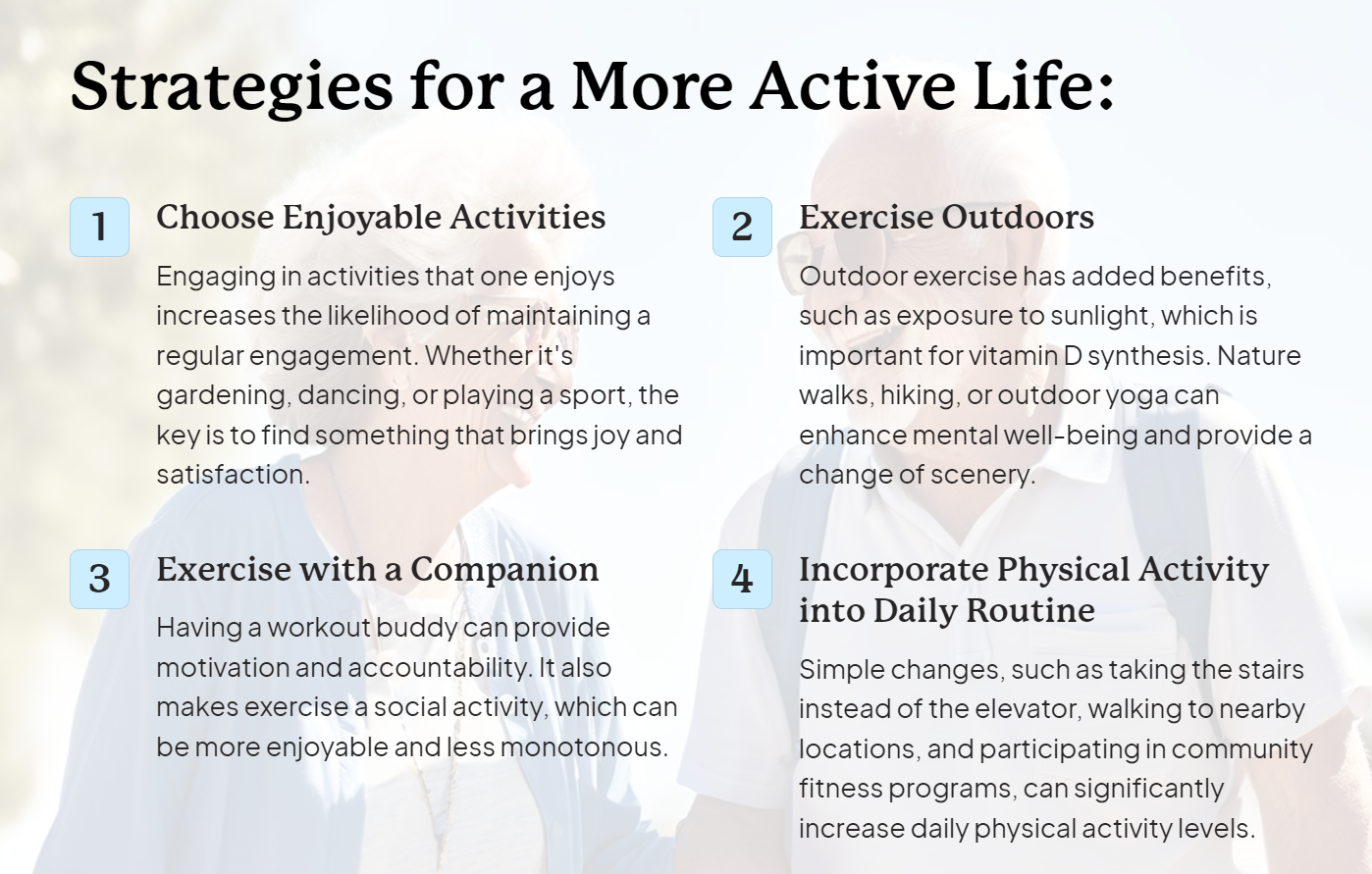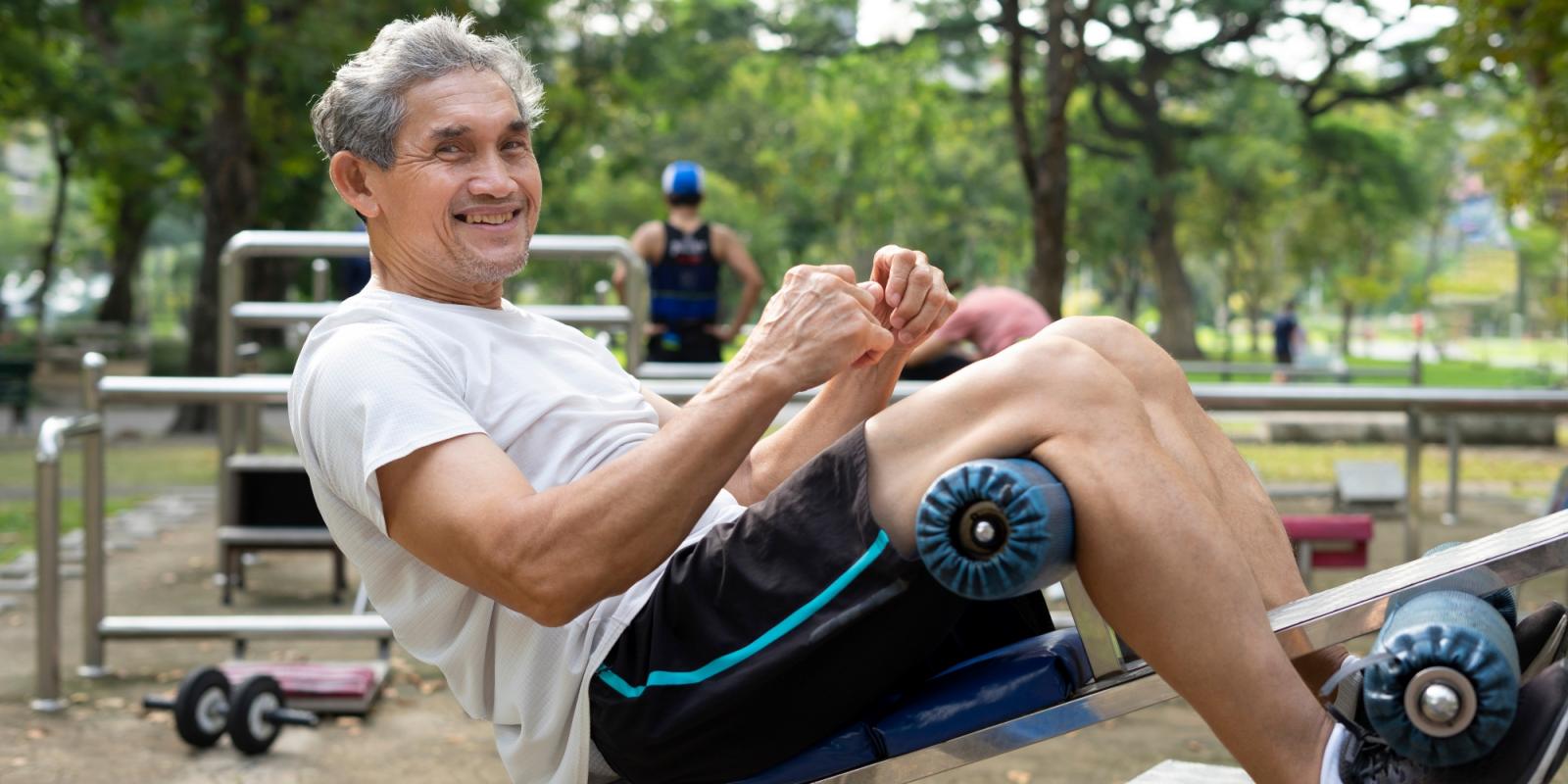As the global population ages, promoting healthy aging is crucial for health professionals, researchers, policymakers, caregivers and advocates. Central to this endeavor is the engagement of older adults in sports and recreational activities, the theme of this issue of Generations Today.
Such activities are more than pastimes; they are essential components of a holistic approach to aging that enhances physiological, psychological, emotional and social well-being. Thus, public health initiatives must prioritize access to and promote sports and recreational activities among older adults to improve their quality of life and longevity.
Sports and recreation help to maintain a healthy weight, reduce the risk of chronic diseases, and promote better sleep patterns. Additionally, sports and recreation enhance immune function, which tends to decline with age. Older adults who engage in regular physical activity have a significantly lower risk of developing mobility-related disabilities.
Physiological Benefits
Engaging in sports and recreational activities is paramount for mitigating the natural decline in muscle mass, bone density and cardiovascular function associated with aging. Regular physical activity improves balance, strength and flexibility, reducing the risk of falls and related injuries. Participation in sports and recreational activities equivalent to the recommended 150 minutes per week of moderate-to-vigorous aerobic physical activity decreases the risk of all-cause mortality, cardiovascular disease and cancer by 16%, 12% and 7%, respectively.
Psychological and Emotional Benefits
Physical activity also holds profound psychological benefits, including the reduction of symptoms associated with anxiety and depression. Physical activity stimulates the production of endorphins, chemicals in the brain that act as natural painkillers and mood elevators. Engaging in different sports and recreational activities is associated with a lower risk of cognitive decline and can enhance cognitive function in older adults. These psychological benefits are crucial for maintaining mental health and emotional stability as one ages.
Social Benefits
Engagement in sports and recreation provides significant social benefits by fostering community and reducing feelings of isolation and loneliness. Group activities, such as team sports, walking clubs, or dance classes, offer opportunities for social interaction, which is vital for emotional well-being. Social connections formed through group activities can enhance life satisfaction and happiness among older adults.
Recreational Time Among Older Adults in the U.S. vs. Globally
Physical Activity Among Older Adults in the United States
In the United States, older adults spend more time on recreational activities than do elders in developing countries. This trend is influenced by several factors, including cultural attitudes toward retirement (e.g., engagement in travel, family activities, volunteer work and hobbies), the availability of recreational facilities, and economic stability. The 2022 American Time Use Survey found that retirees in the United States spend an average of 5.5 hours per day on leisure and sports activities, including exercising, socializing, and participating in hobbies.
Older Adults in Developed Countries
In other developed countries, older adults also enjoy significant leisure time, but the amount and nature of this time can vary. For instance, in Scandinavian countries, the strong social support systems and emphasis on work-life balance allow older adults to retire earlier and engage in recreational activities. Eurostat recently reported that older adults in countries like Sweden and Denmark spend around 4 to 5 hours daily on leisure activities (e.g., brisk walking, ball games, jogging, cycling, and swimming).
Older Adults in Developing Countries
In developing countries, older adults often continue to work out of economic necessity, limiting their time for recreational activities. Economic factors and limited pension systems compel many to remain in the workforce. For example, in Brazil, older adults may have only 35 minutes to 1 hour per day for leisure due to extended working hours and familial responsibilities.
Countries in Africa revealed similar trends, showing that in South Africa (95%) and Ghana (91%), older adults have limited time for leisure, with approximately 21 minutes per day dedicated to physical activity. These disparities highlight the need for policies that support retirement security and enhance recreational opportunities for older adults globally.
Health Inequity in Physical Activity and Strategies for a More Active Life
Health inequity significantly affects the general population’s access to sports and recreational activities. For instance, people in lower-income neighborhoods have fewer recreational facilities and green spaces, limiting their physical activity opportunities. Additionally, systemic issues such as lack of transportation and safe environments further exacerbate these disparities. Addressing these inequities requires comprehensive strategies that include increasing funding for public recreational facilities, implementing community-based programs, and ensuring safe and accessible environments for all people.

As members of health and social services institutions, academics, researchers, managers, administrators, policymakers, lawyers, advocates, caregivers and families, we all play a vital role in promoting and facilitating engagement in sports and recreation among older adults. The benefits are manifold and well-documented, spanning physiological, psychological, emotional and social domains. Encouraging older adults to engage in sports and recreational activities is not just about adding years to life but adding life to years.
Sports and recreational activities are powerful tools that can transform aging, making it a period of vitality, joy and connection. Our collective responsibility is to create environments and opportunities that support and inspire older adults to lead active lives. Doing so enhances their well-being and builds a healthier, happier community for all ages.
André Pereira dos Santos, PhD, is an acting instructor in the Department of Child, Family and Population Health Nursing at the University of Washington (UW) in Seattle. Basia Belza, PhD, RN, FAAN, FGSA, is the de Tornyay Endowed professor and director of the de Tornyay Center for Healthy Aging at UW’s School of Nursing. Allison R. Webel is interim Robert G. and Jean A. Reid Executive Dean at the UW School of Nursing, and the Aljoya Endowed Professor in Aging.
Photo credit: Shutterstock/Verin













